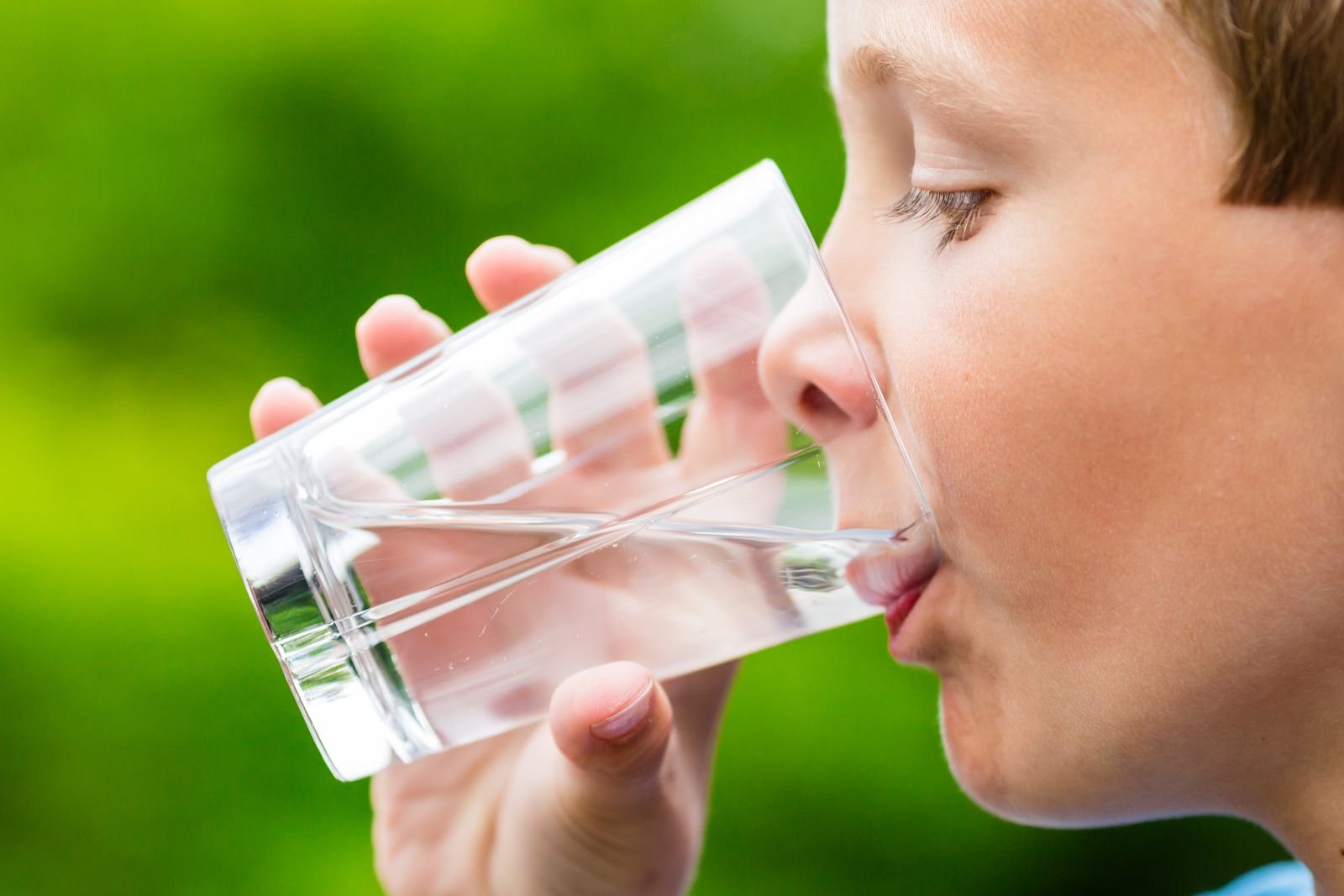Drinking clean water is essential for maintaining health and wellbeing. It is imperative to understand the sources of water and the processes that ensure its purity. The role of water filtration systems is increasingly becoming more significant as they provide a reliable solution to contaminants present in regular tap water. Companies like Pure Water Systems are at the forefront, offering advanced solutions to ensure that the water consumed is of the highest quality standard.
Why is Clean Water Vital?
The human body is composed of approximately 60% water, making it crucial for bodily functions such as temperature regulation, nutrient transport, and waste elimination. Consuming contaminated water can lead to health complications, including gastrointestinal illnesses and neurological disorders.
The Risks of Contaminated Water
Contaminated water is a global issue affecting millions of people. Common contaminants include bacteria, viruses, heavy metals, and chemical pollutants. These harmful substances can enter water sources through agricultural runoff, industrial processes, and wastewater discharge. Ensuring access to clean water requires addressing these contamination sources effectively.
The Role of Water Filtration Systems
Water filtration systems play a pivotal role in providing safe drinking water. They work by removing impurities and toxins from water, making it safe for consumption. Various filtration systems exist, ranging from simple activated carbon filters to advanced reverse osmosis systems. Each system offers unique advantages, depending on the specific water purification needs.
Types of Water Filtration Systems
There are several types of water filtration systems available today. These include carbon filters, which are effective in removing chlorine, odour, and taste from water. Reverse osmosis systems are known for their ability to remove a wide range of contaminants, including heavy metals and dissolved salts.
Choosing the Right Water Filtration System
Selecting the appropriate water filtration system depends on the quality of the water supply and specific purification requirements. It is crucial to assess the contaminants present and the level of filtration needed to eliminate them. Consulting with professionals such as those at Pure Water Systems can provide valuable insights into the best solutions available.
Benefits of Home Water Filtration
Installing a home water filtration system brings numerous benefits. Beyond health advantages, these systems are environmentally friendly, reducing plastic waste from bottled water consumption. They also offer long-term cost savings by eliminating the need for purchasing bottled water.
Maintaining Water Filtration Systems
Regular maintenance of water filtration systems is essential to ensure their effectiveness. This includes timely replacement of filters and routine checks to ascertain the systems are functioning optimally. Most filtration systems come with manufacturer guidelines on maintenance schedules and procedures.
Innovations in Water Filtration Technology
Constant advancements in filtration technology are making water purification more efficient and accessible. New materials and methods are being developed to enhance the removal of specific contaminants and improve system longevity.
Environmental Impact of Water Filtration
Water filtration contributes positively to environmental conservation efforts. By reducing dependence on bottled water, filtration systems decrease plastic waste and carbon emissions associated with water transportation and packaging.
Future Trends in Water Purification
The future of water purification is promising, with efforts focused on sustainable and smart filtration systems. Innovations such as solar-powered filtration units and AI-driven water quality monitoring systems are expected to transform the market.
Conclusion: A Commitment to Clean Water
Ensuring access to clean water is a shared responsibility, crucial for public health and environmental sustainability. By investing in robust water filtration solutions, individuals and communities can safeguard their health and contribute to preserving water resources for future generations.





